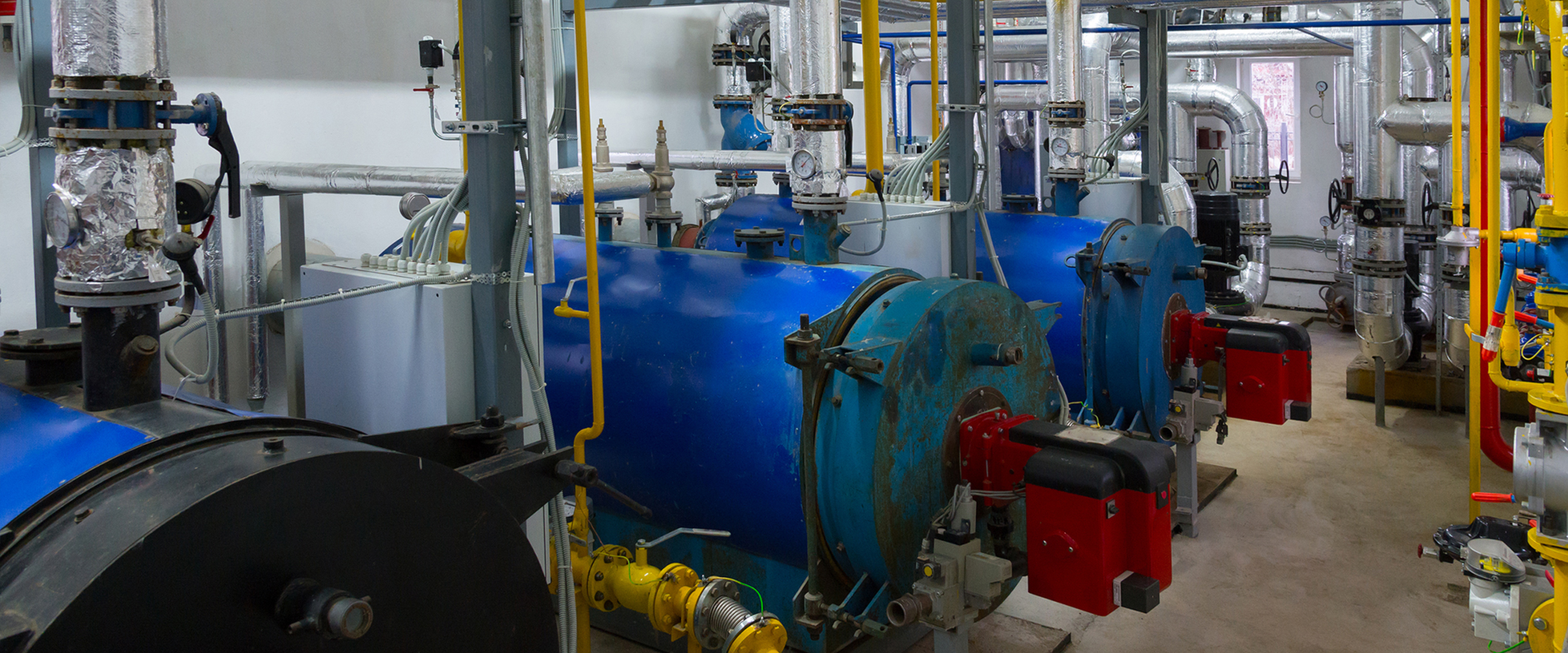
01 Jul The Pros and Cons of a Low-Water, Low-Mass Boiler
If you are thinking about getting a low-water, low-mass boiler, you need to think carefully about whether this is right for you. After all, you have plenty of options available when it comes to industrial boilers. Keep in mind that the right option for one company may not match the needs for your company. It would help if you compared the benefits and drawbacks of each option. That way, you can make the right decision for your enterprise. What do you need to know about low-water, low-mass boilers? There are several key points you should keep in mind.
The Advantages of a Low-Water, Low-Mass Boiler
There are several key advantages of going with a low-mass boiler. These include:
- Reduced Cost: If you are concerned about the amount of money you will spend on your boiler, you may want to take a closer look at this option. The equipment is usually less expensive, allowing you to reduce your overhead expenses.
- Smaller Footprint: If you want to reduce your environmental impact, this could be a good option for you as well. You will have a much smaller environmental footprint if you go with this option instead of traditional high-mass options.
- Lower Utility Bills: Because this boiler uses less water, you may be able to reduce your utility bills as well. This is another way this boiler can help you reduce your overhead expenses.
- Shorter Learning Curve: A smaller boiler usually has a shorter learning curve. If you are concerned about teaching your employees how to use a boiler properly, you may want to go with this option.
These are just a few of the main advantages of going with a low-water, low-mass boiler. At the same time, you need to compare this to the drawbacks.
The Disadvantages of a Low-Water, Low-Mass Boiler
There are a few significant disadvantages of using this type of boiler system as well. A few points you should keep in mind include:
- High Minimum Flow Requirements: In order for the boiler to work properly, you need to meet the minimum flow requirement. In a smaller boiler system, this minimum flow is higher, which can increase your expenses.
- High Water Side Pressure Drop: Another major disadvantage is a high water side pressure drop. This significant pressure difference could increase the stress on the system, making potential repairs more likely.
- More Sensitive to Water Quality: You need to closely monitor your water quality, including the ph and hardness. A smaller boiler system is more sensitive even to small changes in your water quality.
- Requires Active Boiler Maintenance: Even though this boiler system may save you money in some areas, it will cost more money and maintenance. It would help if you got this system inspected more often to make sure it works properly.
You should keep these points in mind when trying to figure out if this boiler system is right for you.
Find the Right Boiler for Your Company with the Help of McKenna Boiler
If you are trying to find the right boiler for your company, we can assist you. We are McKenna Boiler, and we have experience working with a wide range of boilers. Therefore, we can help you sift through the benefits and drawbacks of each option, finding the right boiler for your needs. That way, you can reduce your overhead expenses while also keeping your operations running smoothly. Contact us today to learn more about our boiler maintenance services.



No Comments